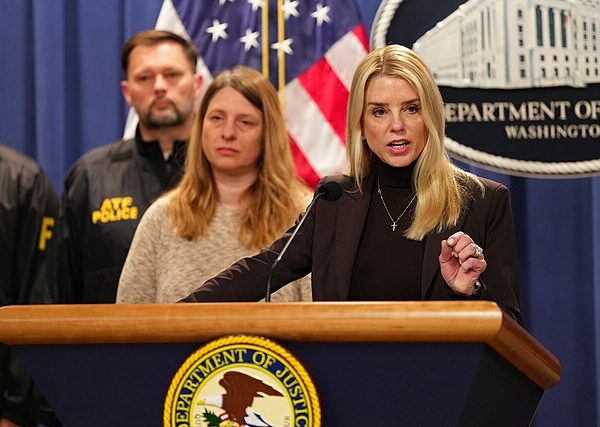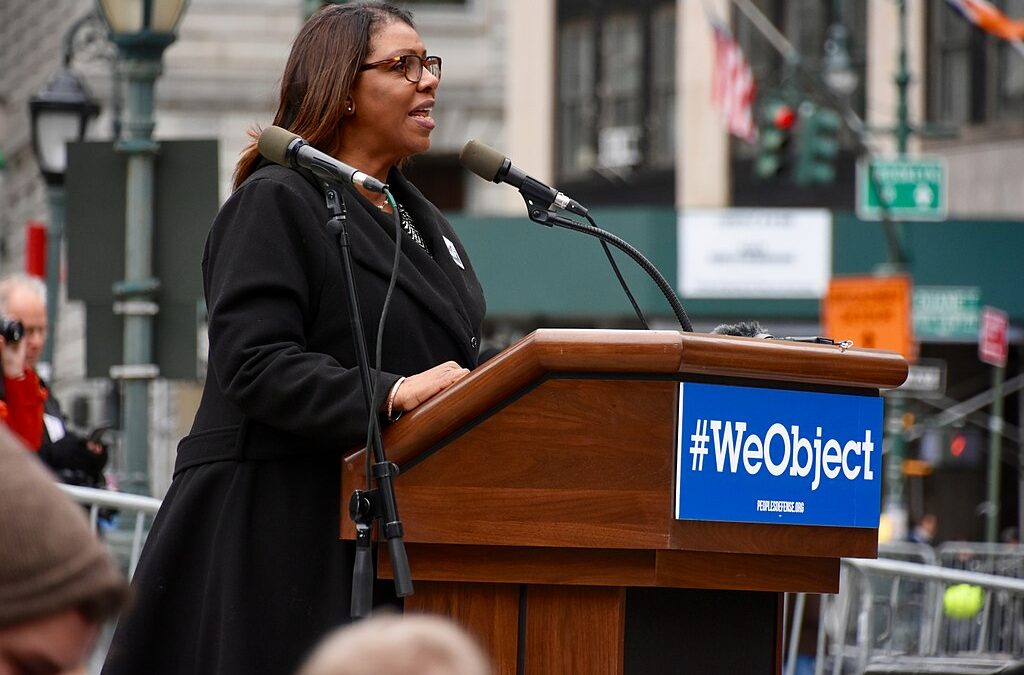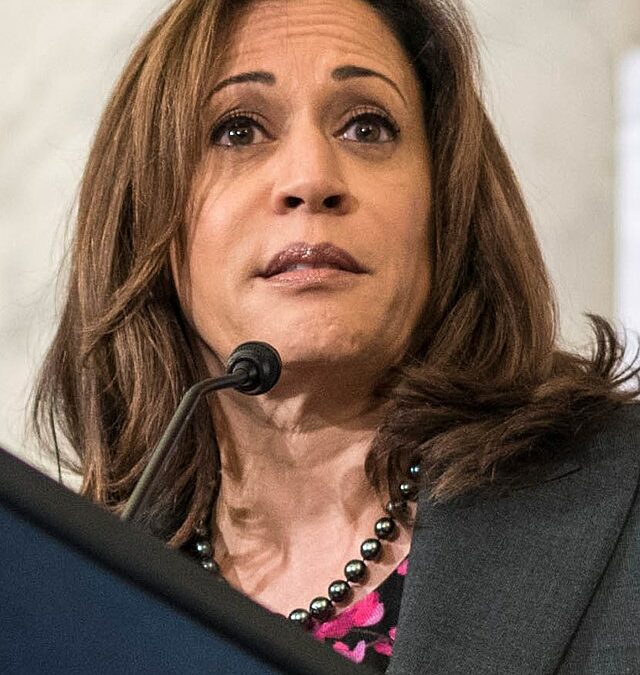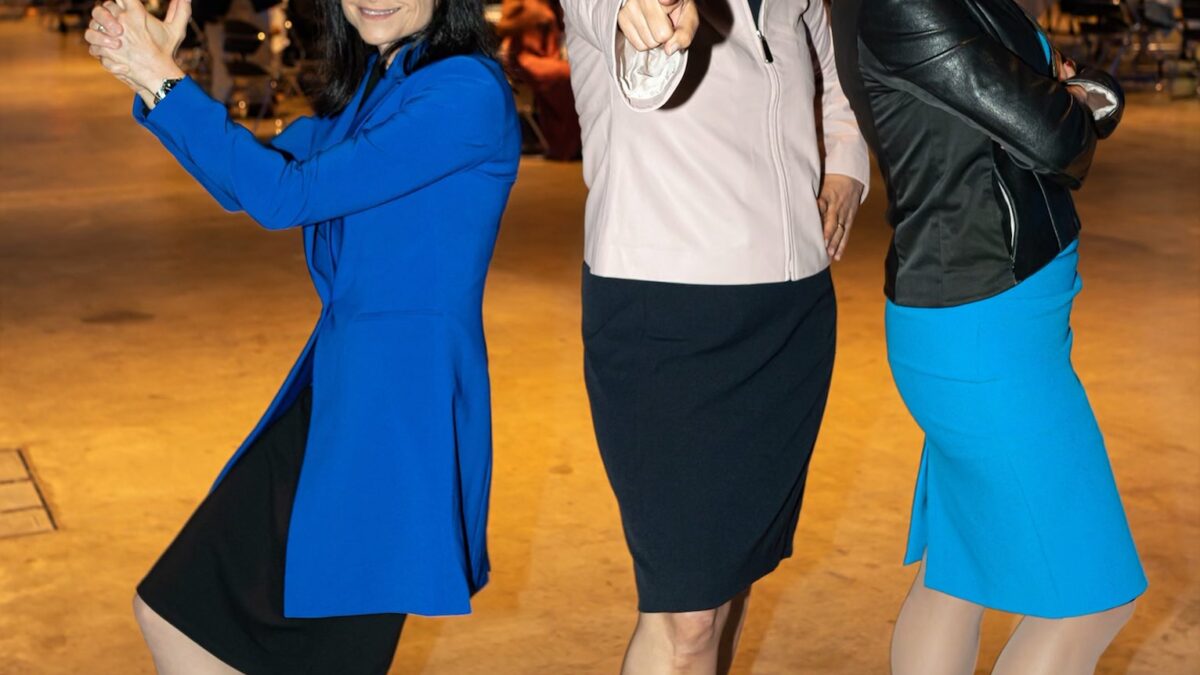
The United States Navy is going to have to spend some time in court. Amanda Reynolds, a 41-year-old attorney from Long Island with aspirations of becoming the first female Navy SEAL, has filed suit against the U.S. Navy, alleging that administrative delays—not personal failure—derailed her candidacy for Officer Candidate School (OCS) and pushed her beyond the service’s age limit.
In a federal complaint filed in Brooklyn, Reynolds contended that Navy recruiters failed to process her application in time, rendering her ineligible by the time she would have graduated. OCS imposes a hard cutoff: candidates must be no older than 42 at the time of commissioning. “I could have gone to Officer Candidate School in February,” she said in an interview, “but they delayed my application without reason or cause and then they told me I was too old.”
🔥🚨BREAKING: This ‘Wannabe GI Jane’ is suing the entire US Navy after her dream of becoming the first female Navy SEAL came to an end over her age.
Amanda S. Reynolds, the wannabe-G.I. Jane dream of becoming the first female Navy S.E.A.L. ended because military recruiters… pic.twitter.com/hwv008bWnz
— Dom Lucre | Breaker of Narratives (@dom_lucre) April 19, 2025
Reynolds, who is representing herself in the lawsuit, asserts that her disqualification reflects not a lack of fitness or determination, but a failure of institutional process. The Navy’s inaction, she argues, violated the principle of meritocracy that military service is supposed to uphold.
After all, why shouldn’t she just be given a spot in the world’s most elite military force? Reynolds is SCUBA certified and likes running, she argued, according to The New York Post.
Her path to the Navy has been long and unconventional. Reynolds says her journey began in 2018, when she first approached military recruiters and was sworn in—though no formal record of enlistment appears in Navy archives. Her efforts to advance through the system in Utah and later New York were marked by deflection and delay. At one point, recruiters attempted to steer her toward the Judge Advocate General’s Corps, a legal track aligned with her professional background, rather than the special operations role she repeatedly sought.
Reynolds said in her application included a statement describing her drive as a “Viking-like pursuit,” inspired by family military service and the allure of a near-impossible challenge. She has stated plainly that she is not chasing headlines as a woman in special operations. “This was never about being the first,” she said. “It was about testing myself.”
That pursuit was complicated further by a 2020 DUI arrest in Utah—an incident she says has since been legally dismissed. After returning to New York, Reynolds renewed her efforts, only to find that time had run out. According to her suit, she was informed last fall that, due to application delays, she would age out before she could complete the program.
Although the Pentagon formally opened all special operations billets to women in 2016, no woman has yet completed Navy SEAL training. Reynolds believes that distinction should be earned, not awarded. She simply wants the opportunity she says was denied by bureaucratic inertia.
The Navy has not responded publicly to the lawsuit, and it remains unclear whether her claims will prompt reconsideration. But Reynolds insists her legal challenge is not just about her own future—it’s about holding the military accountable to the values it professes to defend: duty, discipline, and fairness.
[Read More: Another Dem Caught Taking Money From China]











